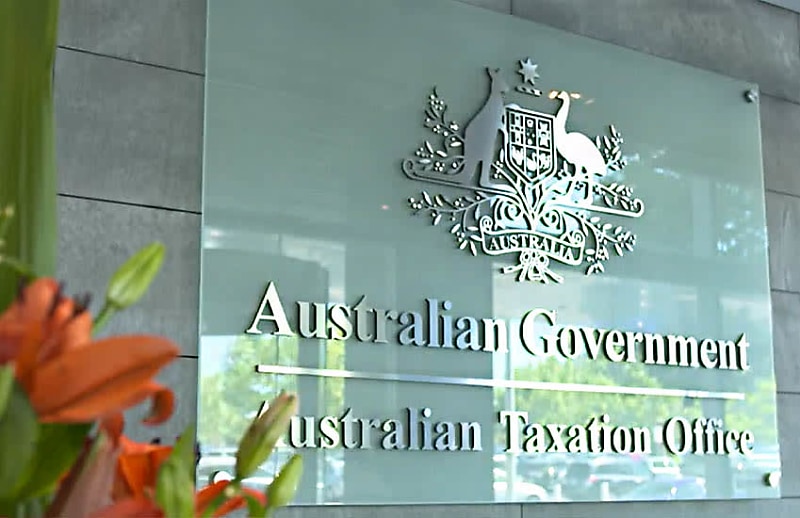ATO cautions business owners on ‘misconception with PSI’
TaxSplitting or diverting personal services income to gain a tax advantage is likely to be considered tax avoidance, the ATO has warned.

Following the recent release of its draft practical compliance guideline, PCG 2024/D2, the ATO warned personal services businesses (PSBs) on one of the common misconceptions about personal services income.
In a recent update, the ATO said the draft guidance has been designed to help PSB operators understand how they can meet their obligations regarding PSI.
“There's a misconception that once you qualify as a PSB, you can split or divert your PSI or retain PSI to gain a tax advantage. Even if you qualify as a PSB, the income remains PSI,” the Tax Office said.
It gave an example of someone who has set up a private company to provide their services. They then employ their spouse to provide administrative support one day a fortnight.
“In an income year, your company earns $250,000 for your services. Your spouse is paid a salary of $100,000 and you're paid a salary of $150,000. This means:
- Payments you receive don't represent the value of your personal services
- Payments your spouse receives don't represent to the value of their administrative support
- As net PSI is diverted away from you, your personal income is reduced and an overall lower rate of tax is paid.”
The ATO warned that this is likely to be a form of tax avoidance.
The Tax Office said the draft guidance provided in PCG 2024/D2 outlines how PSB operators can meet their obligations when it comes to PSI.
“This draft guidance is currently open for consultation and we want to hear your views,” it said.
“Your feedback ensures we can provide information that helps you get your tax obligations right.”
Tax expert and education provider John Jeffreys previously warned that the position taken by the ATO in PCG 2024/D2 would likely come as a shock to many small business owners.
“The ATO makes it plain that the only situation it will consider ‘low risk’ is where all of the net profit of a PSI business is assessed to the individual that earned the PSI and there is no deferral of taxation,” Jeffreys said.
Jeffreys also noted that the draft PCG fails to include any discussion about the non-tax reasons why individuals provide their PSI through interposed entities.
“This is a very important and common aspect of how modern small businesses offer their services. Individuals set up companies and trusts for reasons that have nothing to do with tax motivation such as risk minimisation and the ability to present themselves as a corporation and not just as a sole practitioner,” he said.
“Further, those that engage people offering PSI often require that there be an entity with which to contract in order to avoid employment-related tax issues.”




